Raleigh Report – April 26, 2011
Raleigh Report – April 26, 2011
State Deadline Passes and Most New Bills Introduced
By Rose Gurkin, Former Program Associate for Administration
by Rose Gurkin, Former Program Associate for Administration
By Rose Gurkin, Former Program Associate for Administration
by Rose Gurkin, Former Program Associate for Administration
By Rose Gurkin, Former Program Associate for Administration
by Rose Gurkin, Former Program Associate for Administration

Budget Edition: Last week the chairs of the House Appropriations Subcommittees started revealing their plans for the 2011-13 budget. Not surprisingly, their plans differ in significant ways from the budget proposed by Governor Perdue. The most important difference is that the House leaders will not approve the continuation of any of the emergency tax increases enacted in 2009.
By Willona Stallings, Former Program Coordinator – Partners in Health & Wholeness
by Willona Stallings, Former Program Coordinator – Partners in Health & Wholeness
By Rose Gurkin, Former Program Associate for Administration
by Rose Gurkin, Former Program Associate for Administration

The drumbeat of bad bills continues. Suffice it to say that it’s a tough year for those of us who have advocated for public policy decisions promoting social justice, protecting vulnerable people, and caring for God’s creation. We can’t respond to every bad idea or bad bill. On many of these issues, we feel like we are butting our heads against a wall. Our tendency may be to throw up our hands in despair.
By Willona Stallings, Former Program Coordinator – Partners in Health & Wholeness
by Willona Stallings, Former Program Coordinator – Partners in Health & Wholeness
By Willona Stallings, Former Program Coordinator – Partners in Health & Wholeness
by Willona Stallings, Former Program Coordinator – Partners in Health & Wholeness
By chris
by chris
By Rose Gurkin, Former Program Associate for Administration
by Rose Gurkin, Former Program Associate for Administration
By Willona Stallings, Former Program Coordinator – Partners in Health & Wholeness
by Willona Stallings, Former Program Coordinator – Partners in Health & Wholeness

The Blue Cross and Blue Shield of North Carolina Foundation – in partnership with the North Carolina Council of Churches, Center for Environmental Farming Systems, North Carolina PTA, and North Carolina Recreation and Park Association – is looking for “Community Sparkplugs” to help build a healthier North Carolina. So, what exactly is a Community Sparkplug?
By Willona Stallings, Former Program Coordinator – Partners in Health & Wholeness

ENCToday.com
Lenoir County is the first county in the state to receive grant awards through the “Spark Plug” program, an initiative of the Blue Cross/Blue Shield of North Carolina Foundation to promote healthy activity and nutrition.Ten organizations and government entities in Pink Hill, Grifton and Kinston each received a $3,000 award for projects that inspired physical activity or greater nutrition in the community.
“If every county has spark plugs in it like Lenoir County does, this is going to be a huge success,” Danielle Breslin, vice president of operations for the BCBSNC Foundation, said of the program.
By Rose Gurkin, Former Program Associate for Administration
by Rose Gurkin, Former Program Associate for Administration

Governor Bev Perdue on Saturday vetoed H 2, the misnamed “Protect Health Care Freedom” bill. (It should be called the “Freedom to be Uninsured and Unable to Get Health Care” bill.) The bill was an attack on federal health care reform and purported to remove North Carolinians from the mandated purchase of health insurance, which is the basis of federal reform which will move millions of uninsured Americans into the ranks of the insured.
By chris
by chris
By Willona Stallings, Former Program Coordinator – Partners in Health & Wholeness

Salisbury Post
Prospect Presbyterian Church, 9425 W. NC Hwy 152 in Mooresville, has achieved the North Carolina Council of Churches’ first Gold Certification for the congregation’s commitment to better health.The Rev. Joanne Hull serves as Prospect’s pastor with Sybil Perrell, RN, as the parish nurse for this rural church in the edge of Western Rowan County.
By Willona Stallings, Former Program Coordinator – Partners in Health & Wholeness
By chris
by chris
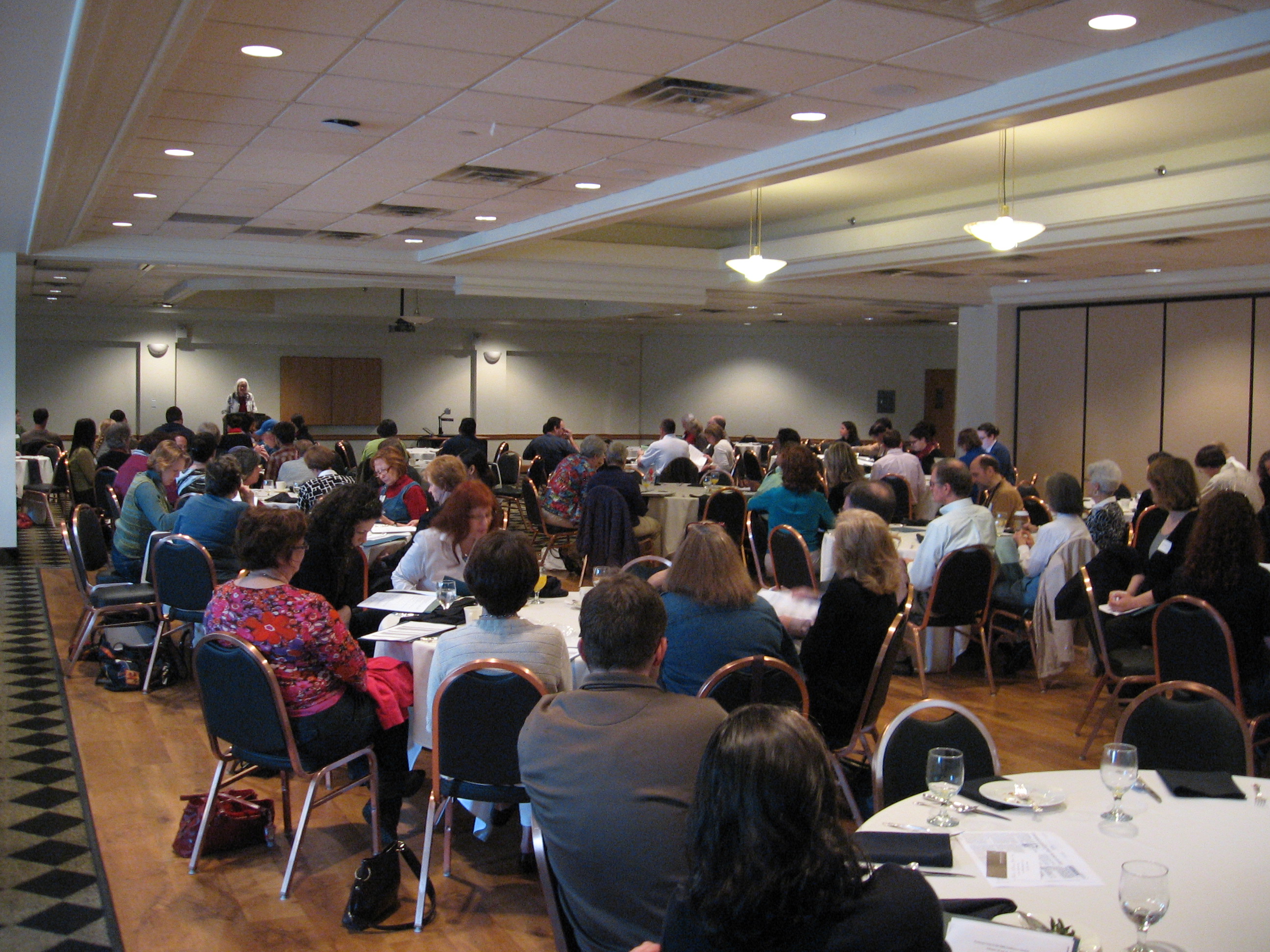
On Friday and Saturday last week, about 180 people gathered at the 2011 Come to the Table conference in Winston-Salem. Bringing together pastors, lay leaders, experts in the fields of hunger and sustainable agriculture, entrepreneurs, farmworker advocates, and many others. Conference workshops were held on Friday, with site visits and practical tours on Saturday.
By Rose Gurkin, Former Program Associate for Administration
by Rose Gurkin, Former Program Associate for Administration
By Willona Stallings, Former Program Coordinator – Partners in Health & Wholeness
by Willona Stallings, Former Program Coordinator – Partners in Health & Wholeness
By chris
by chris
By Willona Stallings, Former Program Coordinator – Partners in Health & Wholeness
by Willona Stallings, Former Program Coordinator – Partners in Health & Wholeness
By George Reed, Former Executive Director
by George Reed, Former Executive Director
By Willona Stallings, Former Program Coordinator – Partners in Health & Wholeness
by Willona Stallings, Former Program Coordinator – Partners in Health & Wholeness

Partners in Health and Wholeness is offering a yearly certification process to congregations across the state. As of January 1, 2011, congregations can now achieve all three levels of certification – Bronze, Silver and Gold – and receive recognition from the Council and their respective judicatories upon completion of the program.
By Willona Stallings, Former Program Coordinator – Partners in Health & Wholeness
by Willona Stallings, Former Program Coordinator – Partners in Health & Wholeness
By Willona Stallings, Former Program Coordinator – Partners in Health & Wholeness
by Willona Stallings, Former Program Coordinator – Partners in Health & Wholeness
By Willona Stallings, Former Program Coordinator – Partners in Health & Wholeness
by Willona Stallings, Former Program Coordinator – Partners in Health & Wholeness

Eat Smart, Move More North Carolina – the same group that brought to us the Maintain, Don’t Gain Holiday Challenge – has developed health-related bulletin inserts for the faith community. These inserts provide short, easy-to-read messages on a variety of health topics such as asthma, cancer, diabetes, and heart disease and stroke.
By Willona Stallings, Former Program Coordinator – Partners in Health & Wholeness
by Willona Stallings, Former Program Coordinator – Partners in Health & Wholeness
By Aleta Payne, Former Deputy Executive Director
by Aleta Payne, Former Deputy Executive Director
By Willona Stallings, Former Program Coordinator – Partners in Health & Wholeness
by Willona Stallings, Former Program Coordinator – Partners in Health & Wholeness
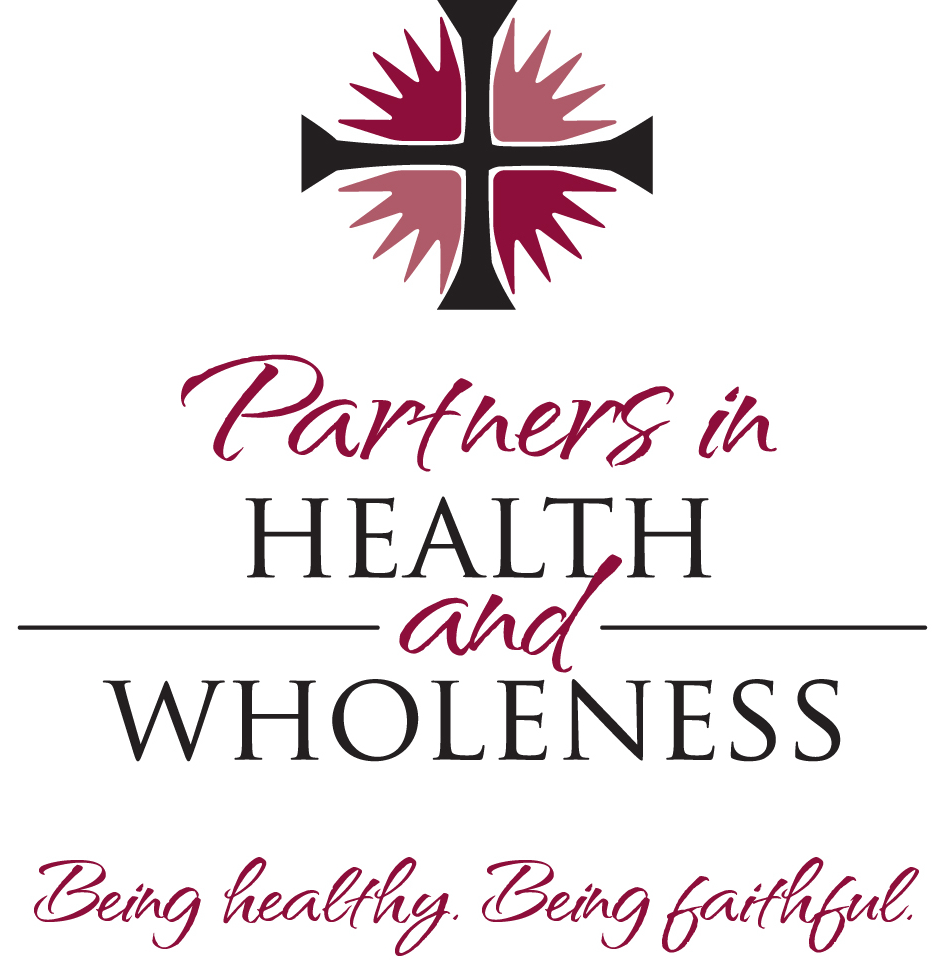
Are you a pastor or parishioner who is concerned about the health of God’s people? Are you troubled when you read the names of congregants who are home-bound or have been hospitalized due to an illness in the weekly church bulletin? Do you believe that our bodies are God’s temple and that we can improve our health and, in the case of secondhand smoke, the health of others by being physically active, eating healthily and not using tobacco products?
By North Carolina Council of Churches
by North Carolina Council of Churches
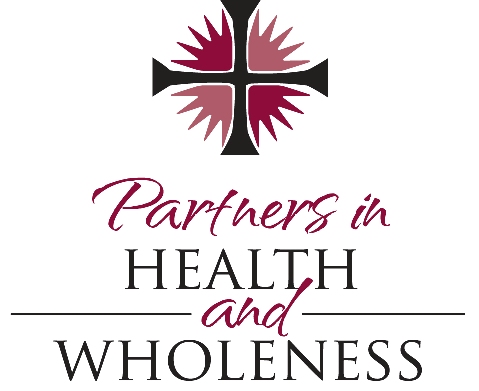
The issue of overweight and obesity has been well-publicized in recent months. In the United States, more than 23 million kids (nearly one-third) are overweight or obese. In North Carolina, 65%[2] of adults and 36% of children and youth age 6-17 fall into one of these alarming categories – alarming because of the adverse effects on one’s health resulting from carrying excess weight as well as the financial impact on the individual, his/her family, employer and the overall health care system.
By Aleta Payne, Former Deputy Executive Director
by Aleta Payne, Former Deputy Executive Director
By Willona Stallings, Former Program Coordinator – Partners in Health & Wholeness

Raleigh News & Observer
Thank you for bringing awareness to the issue of clergy mental health in your Nov. 11 article, “Depression is an Occupational Hazard for Clergy.” Too often, we expect ministers of the gospel to have all of the answers and to be available 24/7 to listen to and meet the needs of God’s people. We fail to realize, however, that they are only human – like many of us, they have families, mortgages to pay and concerns about the future, and some clergy even take on additional jobs to help make ends meet.By Willona Stallings, Former Program Coordinator – Partners in Health & Wholeness

Raleigh News & Observer
The issue of overweight and obesity is not new – earlier this year, it was reported that NC is the 10th most obese state in the nation for adults and the 11th most overweight and obese state for children… Through Partners in Health and Wholeness, an initiative of the NC Council of Churches, congregations in NC are taking steps to improve the health of children by offering healthier snacks at youth events and encouraging physical activity. As people of faith, we acknowledge that our bodies are God’s temple and that we must love ourselves as we love and care for others.By chris
by chris

Congregations across the state are now taking part in the North Carolina Council of Churches’ Partners in Health and Wholeness (PHW) Certification Program, demonstrating that their bodies are God’s temple by eating healthier, being more physically active and reducing the impact of smoking on themselves and their neighbors.
By George Reed, Former Executive Director
by George Reed, Former Executive Director

I was struck, as I listened to remembrances from the past, that we really are seeing progress on issues of social justice. But it happens over a period of years or even decades. The issues we heard about at the Anniversary are difficult ones. They have produced years of frustration and sometimes what looked like complete failure. And yet . . .
By Willona Stallings, Former Program Coordinator – Partners in Health & Wholeness

Raleigh News & Observer
I appreciated the Aug. 22 article about Ben Roberts, owner of Foundation Fitness in Greensboro, who traveled between Raleigh and Greensboro challenging employees to be physically active.
When working with different groups, Roberts stresses the simplicity of living a healthy, active lifestyle. Small changes during the work day such as taking the stairs, using a pedometer to track the number of steps taken and keeping hydrated can help boost energy levels and overall confidence.
By Willona Stallings, Former Program Coordinator – Partners in Health & Wholeness
by Willona Stallings, Former Program Coordinator – Partners in Health & Wholeness
By Rose Gurkin, Former Program Associate for Administration
by Rose Gurkin, Former Program Associate for Administration
By chris
by chris

More and more North Carolinians are getting involved with community gardens. Through our Come to the Table program, the Council’s Rural Life Committee has been promoting this work for the past few years. We’ve been visiting gardens, leading workshops, sharing best practices, eating delicious local food and making friends across the state.
By Willona Stallings, Former Program Coordinator – Partners in Health & Wholeness
by Willona Stallings, Former Program Coordinator – Partners in Health & Wholeness
By chris
by chris
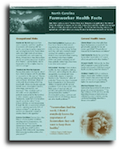
Farm labor ranks as one of the top three most dangerous occupations in the United States. In addition to hazards in the fields, farmworkers and their families face unique burdens on their physical and mental health. North Carolina’s leading industry is agriculture, yet farmworkers are among the most underserved residents in the state. This colorful and easy-to-read fact sheet was designed for congregations and community groups. Download a copy today.
By Willona Stallings, Former Program Coordinator – Partners in Health & Wholeness

Greensboro News & Record
According to Trust for America’s Health, as reported in the News & Record on June 29, North Carolina is now the 10th-heaviest state, after ranking No. 12 just one year ago. This signifies a reduced quality of life for more North Carolinians, as research shows that persons who are overweight or obese are at increased risk for heart disease and stroke, Type 2 diabetes and certain cancers. It also means additional financial costs for our state.By chris
by chris
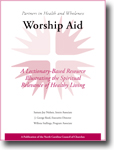
Welcome to our worship resources for Partners in Health and Wholeness (PHW). PHW is an ambitious program of the North Carolina Council of Churches designed to help people of faith to see health — their own health — as an issue of faith and to take action that will lead to healthier and more abundant living.
By chris
by chris
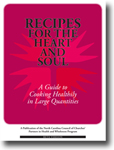
At the North Carolina Council of Churches’ Partners in Health and Wholeness Program, we want to help people of faith and congregations become healthier. What better way to help people become healthier than by helping them prepare healthy foods? Not only do we want to show you how to cook healthy foods at home, we want to offer you recipes to use at church events, too. Our objective with this cookbook is to highlight healthy recipes for large groups. Our hope is that you will use these recipes to help feed your parishes, that they might receive spiritual and bodily nourishment at church.
By chris
by chris
By chris
by chris
By chris
by chris

Unfortunately, the childhood obesity epidemic is drastically affecting North Carolina. In 2009, North Carolina ranked 14th worst in the nation in childhood overweight and obesity for children ages 10-17, with more than one-third (33.5%) of our children being overweight or obese.
Also in this Raleigh Report: Domestic Violence, Environment, Gambling, Health, Housing, People with Disabilities, Public Education, and more.
By chris
By chris
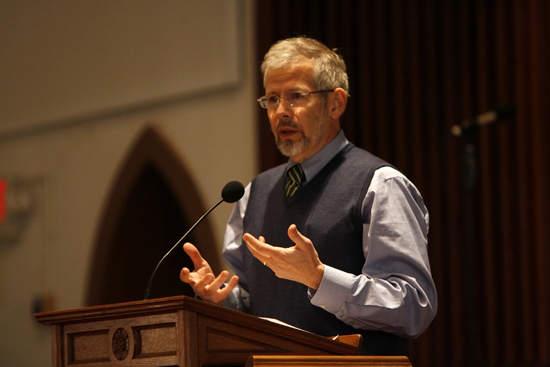
NC Policy Watch
In the 21st Century, we must no longer view Church as a semiweekly activity that occurs within the confines of a physical structure with four walls and a pulpit. Instead, we must take our message of hope, justice, unity and peace to the wider community, and, yes, even Capitol Hill! I believe that real change happens when various groups – public and private, secular and religious, progressive and conservative, privileged and disadvantaged, old and young, black and white – work together to achieve a common goal.
By chris
by chris
The summer’s “short session” of the North Carolina General Assembly convened on May 12, a continuation of the 2009 session. Its primary task will be to adjust the 2010-11 budget adopted last year, though it can also take up bills that made it through one house last year, bills coming from study commissions, and bills amending the state Constitution.
By chris

Raleigh News & Observer
As followers of Jesus Christ, a healer known as the Great Physician, as believers in a God who loves and cares for all of his children equally, we at the N.C. Council of Churches are profoundly grateful for passage of health care reform legislation by the U.S. House of Representatives.By chris
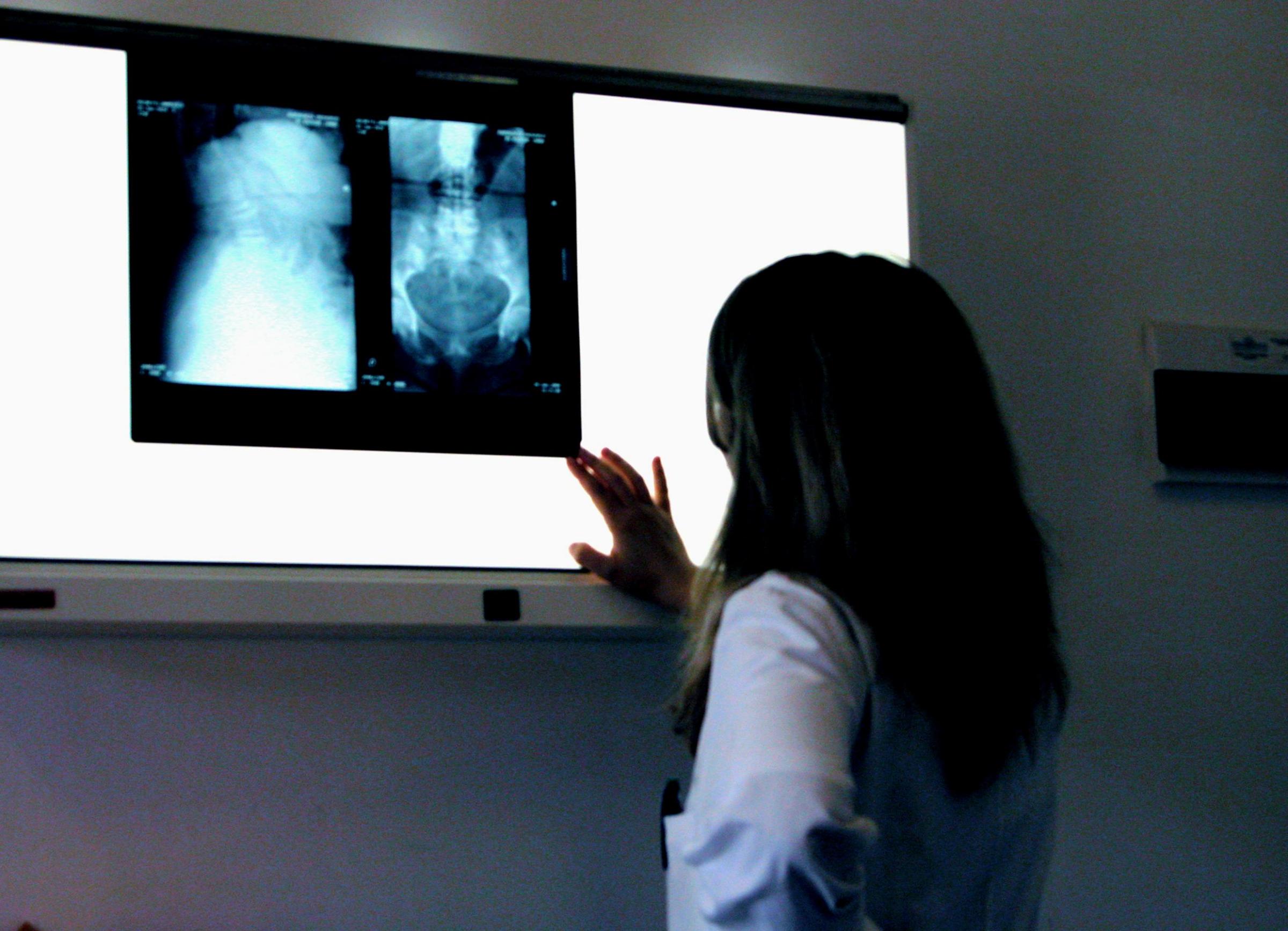
Durham Herald-Sun
Opinion: Many of the noisy detractors who rail against universal access to affordable health care are the same folks who loudly proclaim a pious faith and claim ethical superiority on other issues. Maybe they should listen to other religious voices on faith and ethics, voices of those who spend their lives studying the scriptures and serving people seriously impacted by our current health-care system.By chris
by chris

Rev. Deborah Patterson
Babylonian captivity. I believe we are there again, both literally and figuratively. We are literally in Babylon as American troops serve in an unending war in Iraq, the new name for that land. And, working with parish nurses, daily I hear stories which attest that we are figuratively being held captive by a health system that excludes millions, bankrupts millions, and keeps millions in jobs they despise but need for health insurance. Doctors are held captive by reimbursement plans that penalize them for spending more than 7 or 8 minutes with patients. Nurses are held captive by staffing patterns that keep them working longer shifts, with more and sicker and patients to care for. Churches are being held captive by health insurance costs that prevent them from being able to call full-time pastors.By chris
by chris

Rev. Cliff Frasier, First Congregational Church, UCC (Washington, D.C.)
In the policy-making reform-world, we may talk about health care as a “right.” In the economic world we may talk about health care as a cost or even as a profit. [“p-r-o-f-i-t]. In the health-care-delivery world, the social-work-world, we may talk about health care as a need. But in our faith world, let us also talk about health care as a responsibility. As a moral responsibility. To care for God’s creation — for ourselves, for each other. Let us talk about not-providing-health-care as a failure in the realm of moral-responsibility. In other words, to the degree we allow within moral reasoning the category of . . . . “sin” . . . let us allow the failure to provide healthcare to be understood in just that way.By North Carolina Council of Churches
by North Carolina Council of Churches
Even in 1984, the Council’s report suggested that there were “harmful effects . . . to those non-smokers exposed to the side-smoke of smokers.” Today, an increasingly strong body of research points to the fact that secondhand smoke (that which is inhaled by non-smokers in a smoking environment) does indeed pose serious health hazards. This risk is associated not only with long-term consumption but also with secondhand smoke breathed in for as little as thirty minutes.
By North Carolina Council of Churches
by North Carolina Council of Churches
The faith community, when true to its founding principles, has historically advocated for the common good over those of special interests. The faith community has also sought to be a voice for and a defender of “the poor, the orphaned and the widow”… A cap on medical malpractice damages would harm the common good because it would bring greater suffering upon those who have been the victims of medical malpractice. It would have its deepest impact upon the poor, who can least afford to have artificial limits placed on the compensation that might be paid to them, and it would do so to the benefit of individuals and companies of much greater financial power.
By North Carolina Council of Churches
by North Carolina Council of Churches
The question of raising the tax on cigarettes appears to pose a conflict between positions taken by the North Carolina Council of Churches in previous years. On the one hand, the Council has warned of the health risks associated with cigarette smoking, supported measures leading to better health and providing more accessible health care, and called for steps to limit youth access to cigarettes. On the other hand, the Council has long supported a more progressive tax structure and opposed regressive taxes.
By North Carolina Council of Churches
by North Carolina Council of Churches
A Policy Statement of the North Carolina Council of Churches, January 1997 Summary The Current Status Tobacco use is the number one preventable cause of premature death and disease- .Approximately 25,000 North Carolina teenagers […]
By North Carolina Council of Churches
by North Carolina Council of Churches
Four years ago, the Council of Churches issued a policy statement on health care that expressed concern about the large number of North Carolinians without adequate health insurance and about the high and increasing cost of health care. Our concern is especially great for those most vulnerable in our society: the poor, children, people of color, and the elderly. At that time, we called for a national health plan that would guarantee universal coverage for health care, coupled with effective cost control, broad-based and equitable financing, and assured quality of services.
By chris
by chris
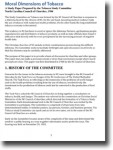
The Study Committee on Tobacco was formed by the NC Council of Churches in response to a dilemma faced by the citizens of NC. On the one hand, mounting medical evidence links the use of tobacco with numerous health problems. On the other hand, the long established tobacco economy is threatened. The tendency in NC has been to avoid or ignore the dilemma. Farmers, agribusiness people, manufacturers and distributors of tobacco products, as well as state officials, have found it difficult to deal directly with he crisis precipitated by the increasing pressure of negative health data.
NC Council of Churches
27 Horne St.
Raleigh, NC 27607
(919) 828-6501
info@ncchurches.org
